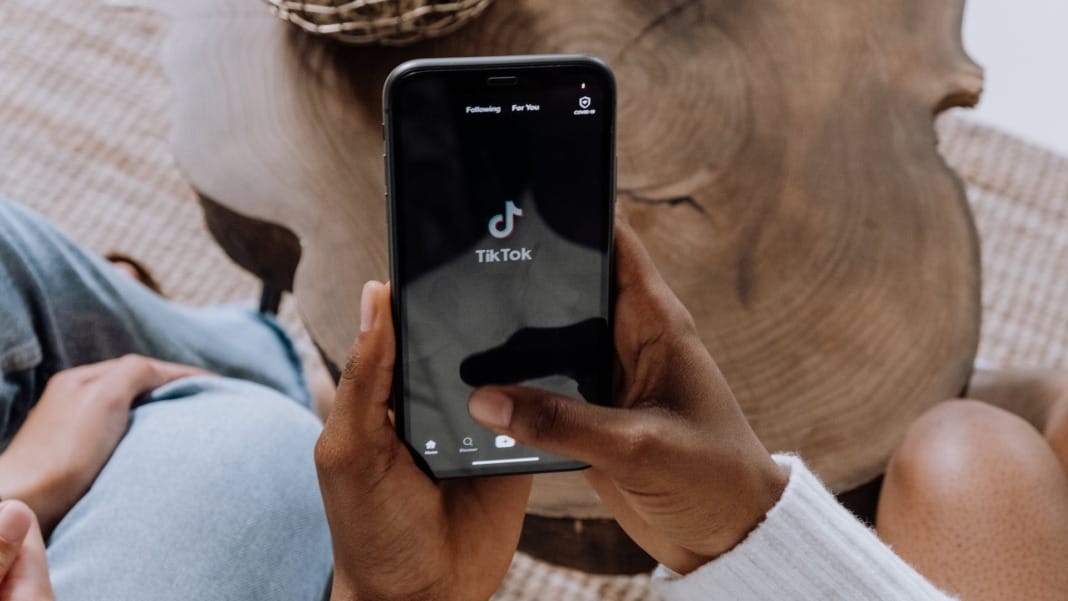Android users can breathe a sigh of relief as the once troublesome January 2024 Google Play System update is returning to devices after a tumultuous start to the year. Rolled out at the beginning of January, the update faced immediate backlash due to severe issues, prompting Google to pull it from circulation. However, following extensive fixes, the updated version is now being reintroduced.
The rollercoaster ride of the January update
Initially released in January, the update garnered notoriety for causing widespread disruptions, particularly for devices with multiple user accounts or work profiles. Users reported problems ranging from numerous app crashes to inconsistencies in external storage functionality, rendering affected phones virtually unusable. The situation escalated to the point where Google had to provide manual instructions for users to rectify the issues themselves, a process deemed complicated and daunting for many.
With devices essentially crippled by the faulty update, users faced frustration and inconvenience, highlighting the critical role of seamless updates in maintaining device functionality and user satisfaction. While Google’s response included manual instructions for fixing the issues, the complexity of the process underscored the need for a more robust and user-friendly approach to addressing such problems in the future.
The Play System update conundrum
The January 2024 update debacle marks the second instance in four months where an automatic Android update has led to significant disruptions for Pixel phone users. With both incidents resulting in extended downtimes and complex workaround solutions, questions arise regarding Google’s ability to handle buggy updates effectively. The reliance on developer-level command line actions and the risk of data loss further exacerbate concerns surrounding the update process for Pixel devices.

Moreover, the delay in rolling out a fix for the January update underscores potential gaps in Google’s update management strategy, particularly in identifying and resolving issues promptly. As users navigate through the fallout of these problematic updates, trust in the reliability and effectiveness of Android’s update system may wane, posing challenges for Google in maintaining user satisfaction and loyalty.
The future of Android updates
The recent string of problematic updates sheds light on underlying issues within Google’s update infrastructure. The absence of a reliable rollback mechanism and inadequate testing procedures raise doubts about the company’s ability to ensure seamless updates for users. As Pixel phone owners navigate these challenges, the fear and uncertainty surrounding the update process loom, casting a shadow over the otherwise seamless Android experience.
In light of these developments, stakeholders within the Android ecosystem, including Google, device manufacturers, and users, may need to reevaluate their approach to software updates. This could involve implementing more rigorous testing protocols, improving communication channels for issue resolution, and enhancing user support mechanisms to mitigate the impact of future update-related disruptions.





